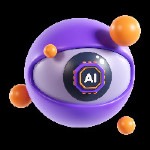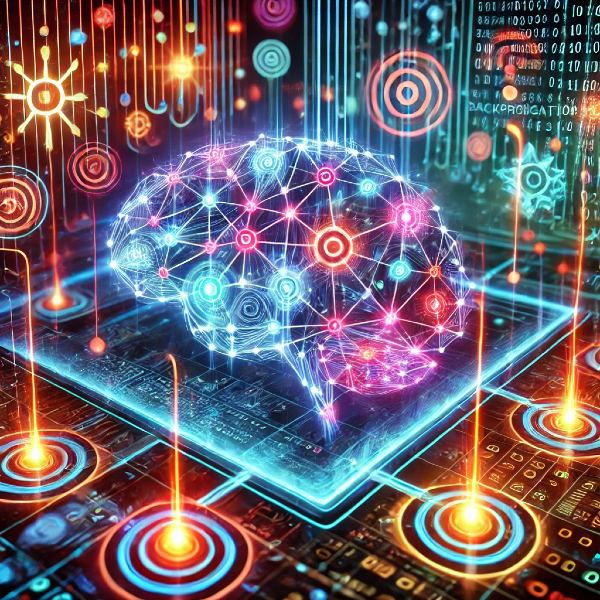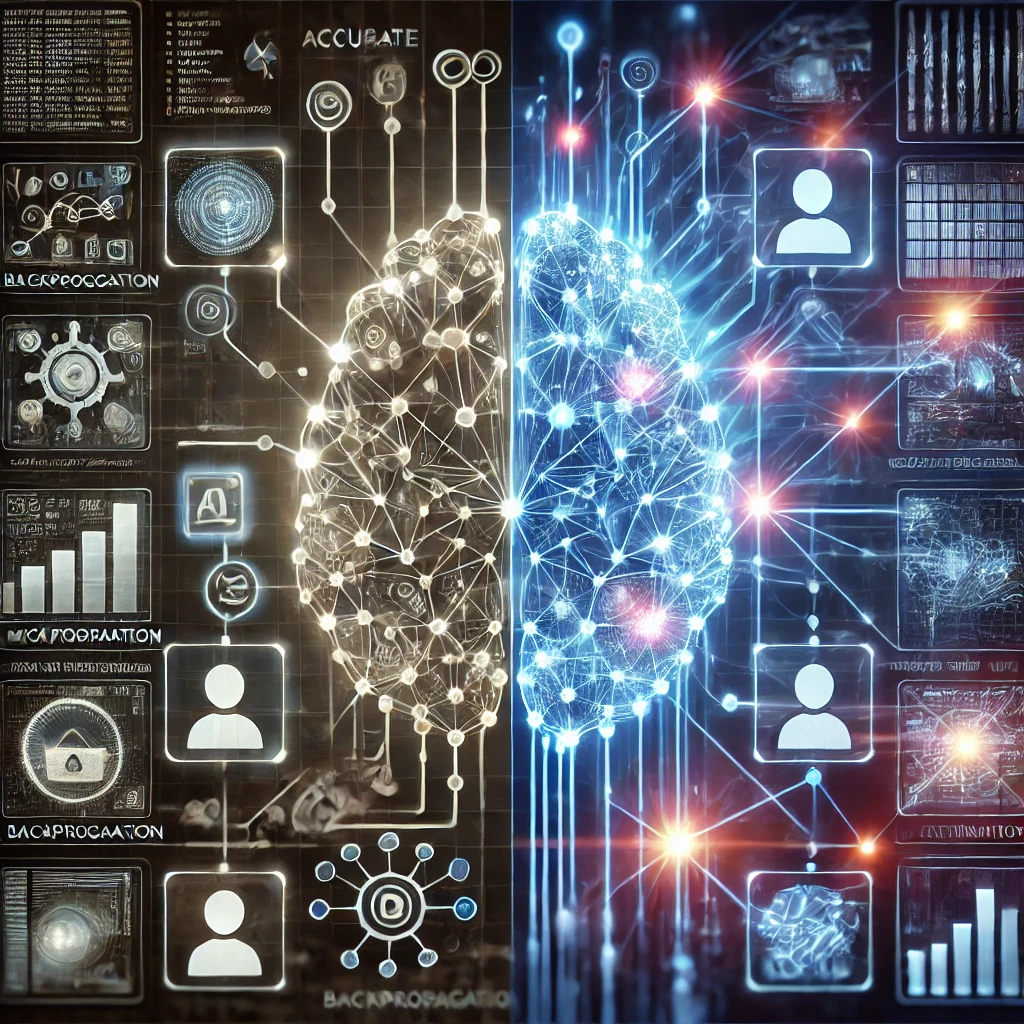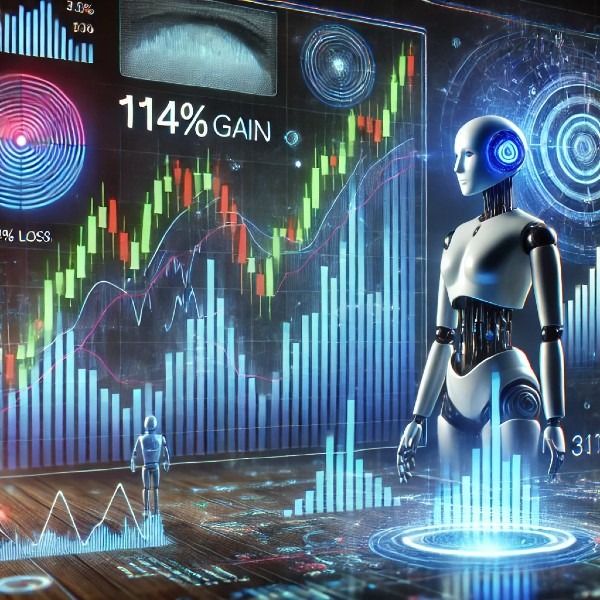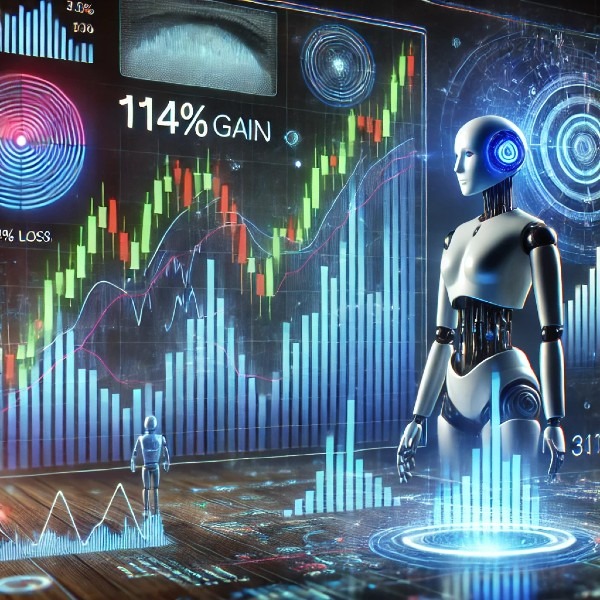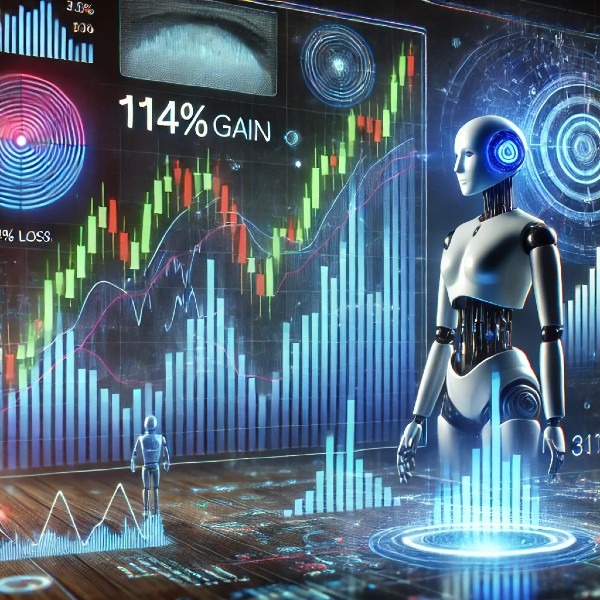Welcome to the exciting and sometimes mysterious world of Black Box AI! This blog post is designed to make the concept of Black Box AI easy to understand, even if you’re still in middle school. Black Box AI is a part of artificial intelligence, but it’s special because even the experts who create these AI systems don’t fully understand how they come up with their solutions. It’s like having a magic box that can solve complex problems, but no one knows exactly what’s happening inside the box.
In our journey today, we’ll explore how Black Box AI is changing different areas of our lives, especially in healthcare, the work of developers and data scientists, robotics, and the future of work. These areas are seeing huge changes thanks to Black Box AI, and it’s important for us to understand what this technology is and how it’s being used.
Healthcare
Black Box AI is making a big splash in healthcare. It’s like having a super-smart assistant that can analyze medical data much faster than a human. This means doctors can use Black Box AI to help diagnose diseases quicker and more accurately. For example, it can look at tons of X-rays and spot signs of illness that doctors might miss.
However, there’s a catch. Sometimes, these AI systems make decisions or give suggestions without showing how they reached that conclusion. This can be tricky in healthcare because doctors need to understand why they should choose a certain treatment. Trusting AI’s suggestions without fully understanding them can be a bit like following advice from a stranger.
Developers and Data Scientists
Developers and data scientists are like the magicians behind Black Box AI. They create and train these AI systems to solve complex problems. For these tech wizards, Black Box AI can be both exciting and challenging. It’s exciting because these AI systems can learn and improve on their own, but it’s also challenging because sometimes even the creators don’t understand how the AI makes certain decisions.
For developers and data scientists, working with Black Box AI is a bit like training a super-intelligent pet. You can teach it tricks and it learns really fast, but sometimes it does things that surprise you, and you’re not quite sure how it learned them. This unpredictability is what makes Black Box AI fascinating but also a bit mysterious.
Robotics
In the world of robotics, Black Box AI is like the brain that guides robots. It helps robots to see, understand, and interact with the world around them. Think of a robot vacuum cleaner that learns the layout of your house and gets better at cleaning every time it runs. That’s Black Box AI in action!
However, just like with other applications, the mystery of how Black Box AI in robotics makes decisions can be a concern. If a robot makes a wrong move or decision, it’s often hard to figure out why. This is especially important in situations where robots work with people, like in factories or hospitals.
Future of Work
The future of work is being reshaped by Black Box AI. It’s automating jobs that used to be done by people, like analyzing data or even driving cars. This is great because it can make jobs easier and more efficient, but it also means that some jobs will change a lot or might not be needed anymore.
As Black Box AI becomes more common in workplaces, it’s changing the skills that people need for their jobs. Instead of doing routine tasks, people might need to focus more on managing AI systems or doing creative work that AI can’t do. This shift is a big change, and it’s important for everyone to be ready for a future where AI plays a big role in work.
Myths vs. Facts about Black Box AI
Myth: Black Box AI is Always Right
Fact: Even though Black Box AI is very advanced, it’s not perfect. It can make mistakes, especially if it’s working with incomplete or biased data.
Myth: Black Box AI Can Think Like Humans
Fact: Black Box AI doesn’t think or feel like humans. It processes information and finds patterns, but it doesn’t have emotions or consciousness.
Myth: Black Box AI Will Take Over All Jobs
Fact: While Black Box AI will change the job landscape, it’s not going to replace all jobs. Instead, it will create new opportunities and ways of working.
FAQ Section
Q1: What is Black Box AI?
Black Box AI is a type of AI where even the experts who build these systems aren’t exactly sure how they come to certain conclusions. These AI systems are great at analyzing data and solving problems, but the process they use to do this can be a mystery.
Q2: How does Black Box AI help in healthcare?
In healthcare, Black Box AI helps doctors by quickly analyzing medical data, like scans and test results, to identify diseases. This can lead to faster and more accurate diagnoses. However, because the AI’s decision-making process isn’t always clear, it’s important for doctors to use it alongside their own knowledge and experience.
Q3: Why is Black Box AI challenging for developers and data scientists?
For developers and data scientists, Black Box AI is challenging because it can learn and make decisions in ways that they can’t always explain. This makes it hard to predict or understand why the AI acts a certain way, which is crucial when they need to ensure it’s making the right decisions.
Q4: What role does Black Box AI play in robotics?
In robotics, Black Box AI acts like a brain that helps robots understand and interact with their surroundings. It allows robots to learn from experience and improve over time. However, the lack of clarity in how these AI systems make decisions can be problematic, especially when robots are used in sensitive environments.
Q5: How will Black Box AI affect the future of work?
Black Box AI is automating many tasks, which changes the types of jobs available. It’s making some jobs easier and more efficient, but it also means people need to adapt and learn new skills. In the future, there will be a greater focus on working alongside AI and doing tasks that AI can’t do, like creative or complex problem-solving work.
Google Snippets
Snippet on Black Box AI
“Black Box AI refers to artificial intelligence systems that are highly effective at data analysis and problem-solving but lack transparency in their decision-making processes.”
Snippet on Healthcare AI
“AI in healthcare is transforming medical diagnostics and treatment, offering rapid data analysis for better patient care but raising questions about interpretability.”
Snippet on AI in Robotics
“Robotics integrated with AI are advancing rapidly, enhancing machine capabilities in automation and interaction, yet the decision-making process of these AI systems remains largely opaque.”
Black Box AI Meaning: From Three Different Sources
Source 1
Black Box AI refers to AI systems where the internal decision-making process is not clear or understandable to humans, making them unpredictable in certain scenarios.
Source 2
In Black Box AI, the workings of the AI algorithms are hidden and not transparent, often due to the complex nature of machine learning models and data processing.
Source 3
Black Box AI implies AI models where the rationale behind decisions is not visible, leading to challenges in understanding and predicting AI behavior, especially in intricate scenarios.
Did You Know?
- The term ‘Black Box’ comes from aviation, where the flight recorder is called a black box, even though it’s hard to understand what’s recorded inside.
- Some Black Box AI systems can learn to solve problems in ways that are too complex for even their creators to understand.
- There’s a growing field in AI called ‘Explainable AI’ that aims to make AI decision processes more transparent and understandable to humans.
Black Box AI is a fascinating and powerful part of technology that’s changing the world in many ways. From making big differences in healthcare to shaping the future of work, it’s a tool that offers both incredible opportunities and challenges. Understanding Black Box AI helps us appreciate not only its capabilities but also its limitations. As technology continues to evolve, it’s important for us to stay informed and adapt to these changes, especially in areas like healthcare, robotics, and the future of work.
In the end, Black Box AI is a reminder of how much we can achieve with technology, but also how much we still have to learn. It’s an exciting time to be alive, as we witness and participate in these incredible advancements. As we continue to unlock the secrets of Black Box AI, we open up new possibilities for innovation and improvement in our world.
References
- Explainable AI that uses counterfactual paths generated by conditional permutations of features. This method is used to measure feature importance by identifying sequential permutations of features that significantly alter the model’s output. The paper discusses the evaluation strategy of comparing the feature importance scores computed by explainers with the model-intern Gini impurity scores generated by the random forest, which is considered as ground truth in the study.
- Thinkful offers insights on how to address the “black box” problem in AI through Explainable AI (XAI) and transparency models. They discuss techniques like Feature Importance Analysis, Local Interpretable Model-agnostic Explanations (LIME), SHapley Additive exPlanations (SHAP), Model Distillation, and Decision Rules, which are designed to make AI models more interpretable and transparent. This is especially important in applications where decisions can have far-reaching consequences, such as healthcare or finance
